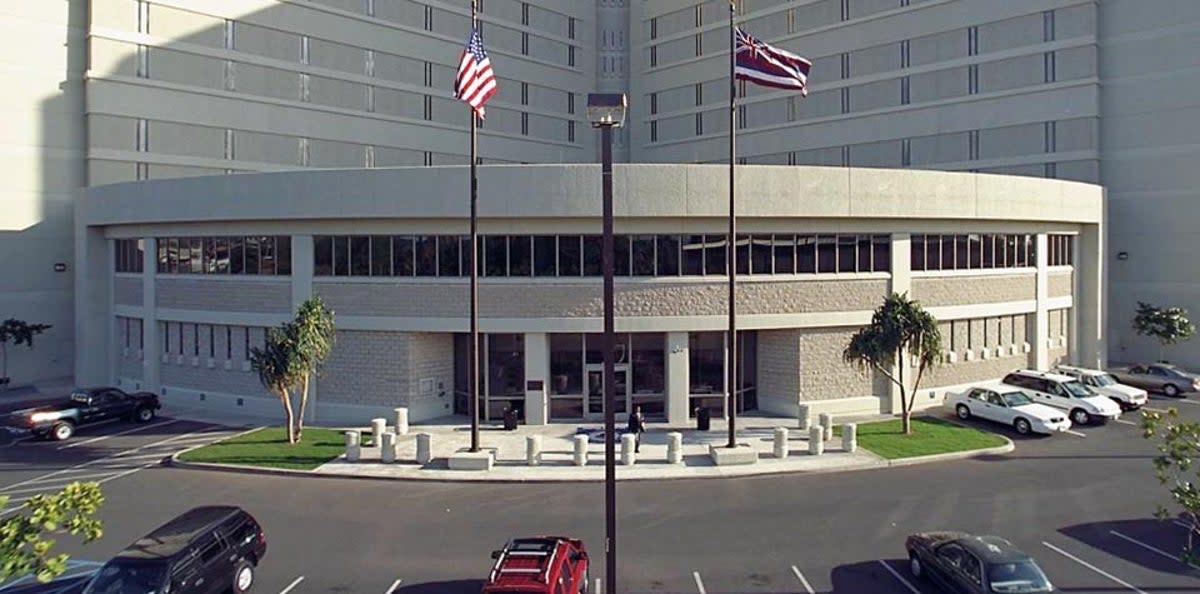Australian traveller strip-searched, held in US prison and deported over little-known entry requirement

An Australian traveller who was held in a US prison for 30 hours before being deported over an obscure entry requirement is speaking out about his ordeal to warn others.
Jack Dunn, a 23-year-old student, arrived in Honolulu on 5 May after securing a visa waiver and planned to travel across the country for several months.
Mr Dunn told The Guardian he thought that his visa only required him to show proof of onward international travel and had booked a ticket to Mexico.
However, upon landing in the US he was detained and interrogated by a Customs and Border Protection officer for not holding a return flight or evidence of onward travel to a country that doesn’t border the US.
The little-known entry requirement is not mentioned on the US State Department’s visa waiver programme webpage, or on similar Australian Government advisories.
Mr Dunn told The Guardian he tried booking flights to Panama and Guatemala while in the interrogation room, but was unable to access the internet or transfer money from his savings account.
He was denied entry to the United States, and taken to Honolulu’s Federal Detention Center until a return flight to Australia could be arranged.
There, he was forced to strip and subjected to a cavity search, placed in a cell with a prisoner who had smeared blood and faeces on the walls, and had to sleep on a concrete floor.
“They treat you like a criminal, they treat you like s***,” Mr Dunn told The Guardian.
After 30 hours in the federal prison, Mr Dunn was put on a flight to Sydney, Australia.
Mr Dunn’s family have reportedly filed a complaint against the Customs and Border Protection agency and an individual officer who interrogated him.
The Independent has contacted CBP for comment.
Mr Dunn said he left traumatised by the experience, and had to cut short a separate trip to Thailand after suffering panic attacks.
He wants to see the Australian Government’s travel advice website Smartraveller updated to include information about the rule so others can avoid his fate.
“I don’t want anyone else going through what I went through, it’s just not right,” he said.
A spokesperson for the The Department of Foreign Affairs and Trade told the news site other travellers had also been caught out by the rule.

